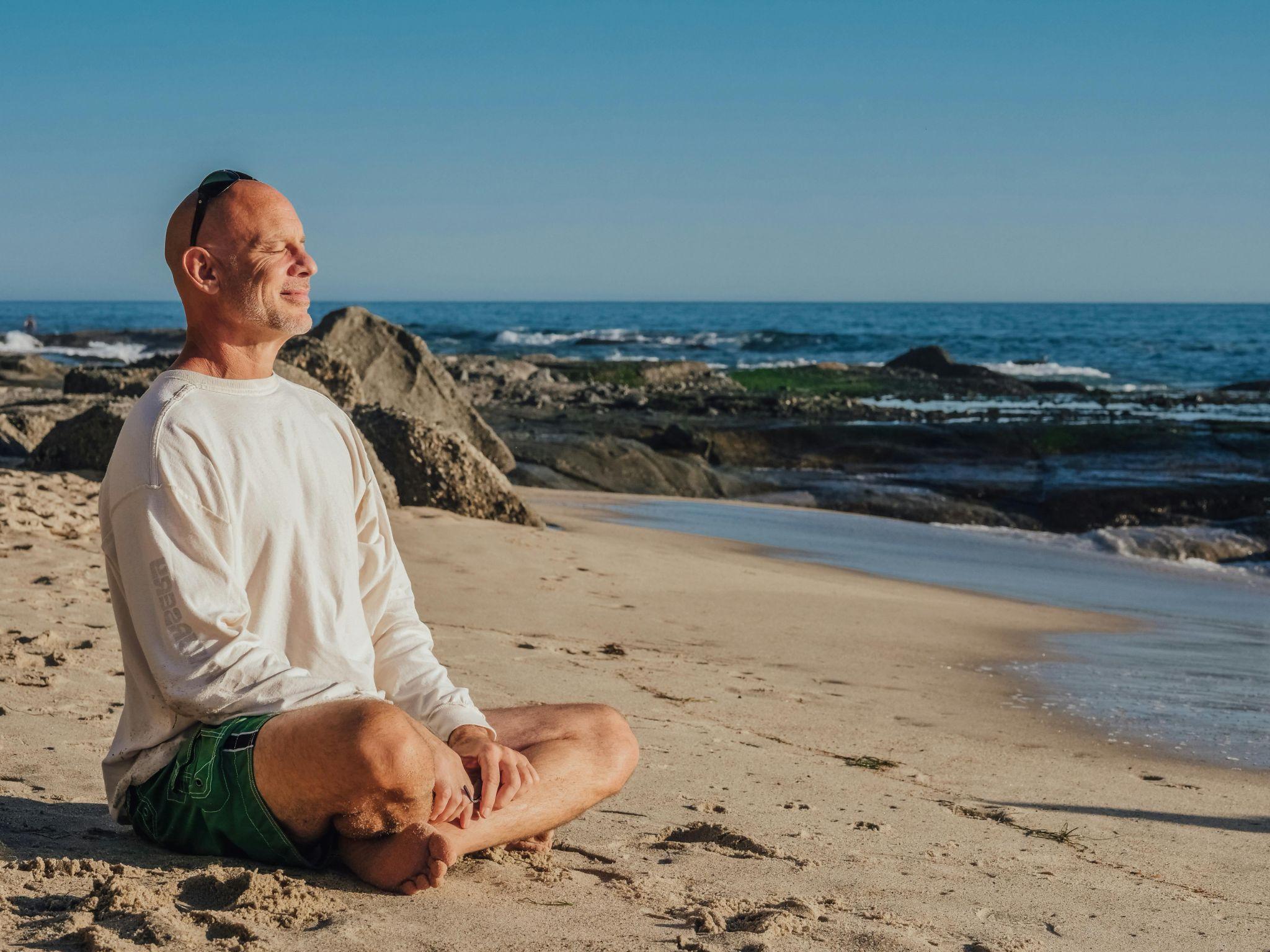The term “sober curious” is gaining traction in wellness circles and among individuals rethinking their relationship with alcohol. But what is sober curious, exactly? It’s an invitation to explore your relationship with alcohol and consider the impact it has on your life.
Unlike traditional sobriety, being sober curious doesn’t demand complete abstinence; instead, it encourages mindful choices and curiosity. This approach aligns with the growing interest in mental health, self-care, and personal growth.
With movements like Dry January and a shift toward cutting back on alcohol, people from all walks of life are asking themselves whether drinking truly serves them. The sober curious movement allows for flexibility and exploration, making it more approachable than traditional sobriety programs.
Whether you’re considering alternatives to drinking alcohol or are simply curious about the benefits, the sober curious lifestyle offers a fresh perspective.
Sober Curious Defined
Being sober curious is about questioning why, how, and when you consume alcohol. It’s a lifestyle choice that focuses on reducing or eliminating alcohol intake without the permanence associated with traditional abstinence.
For some, this might mean social drinking or enjoying an alcoholic beverage occasionally but choosing an alcohol-free option more often. For others, it could involve setting boundaries, like only drinking at specific events or avoiding alcohol during stressful times.
Unlike those who quit drinking entirely due to alcohol use disorder, sober curious people aren’t necessarily addressing addiction. Instead, they’re fostering awareness and exploring what life could look like with less alcohol. This path doesn’t come with rigid rules, making it an inclusive and personalized approach to wellness.
Historical Context and Evolution
The sober curious movement was popularized by Ruby Warrington, author of Sober Curious: The Blissful Sleep, Greater Focus, Limitless Presence, and Deep Connection Awaiting Us All on the Other Side of Alcohol.
Her book encourages readers to reconsider how alcohol fits into their lives, sparking global interest. Warrington’s work emphasized that questioning your drinking habits is not about judgment or deprivation but about empowerment.
Social media has amplified this movement, with hashtags like #SoberCurious and #AlcoholFree connecting a global audience. Challenges like Dry January—where participants abstain from alcohol for the first month of the year—have also played a pivotal role.
These initiatives provide a structured yet flexible way for people to test an alcohol-free lifestyle, making the concept of cutting back on alcohol accessible to millions.
In-Depth Exploration of Benefits
The effects of long-term alcohol use can take a serious toll on both physical and mental health, making the benefits of reducing or eliminating alcohol even more profound. By embracing a sober curious lifestyle, many individuals experience noticeable improvements in their overall well-being, from physical vitality to emotional clarity.
Physical Health Benefits
One of the most immediate rewards of cutting back on alcohol is improved physical health. Many participants report experiencing blissful sleep, greater focus, and enhanced energy levels. Alcohol disrupts the body’s natural rhythms, leading to restless nights and fatigue. Reducing alcohol consumption allows your body to restore its natural cycles, resulting in enhanced focus and vitality.
Long-term benefits include better liver function, reduced risk of heart disease, and improved digestion. For those who often feel sluggish or unwell after drinking, the physical transformation can be profound. Even moderate changes to alcohol consumption—like choosing an alcohol-free drink on certain occasions—can have significant health benefits.
Mental Health Advantages
Mentally, the benefits of a sober curious lifestyle are equally compelling. Many report feeling less anxious, more emotionally stable, and better equipped to handle life’s challenges. Alcohol often numbs emotions temporarily but can worsen feelings of stress or sadness over time. By reducing or eliminating alcohol, individuals frequently experience greater emotional clarity and resilience.
Social and Emotional Growth
The sober curious lifestyle also fosters deeper connections and genuine social interactions. Without relying on alcohol as a social lubricant, individuals often discover new ways to connect with friends, enjoy activities, and celebrate milestones. This shift encourages greater self-awareness and authentic relationships.

Addressing Criticisms and Misconceptions
Critics of the sober curious movement argue that it trivializes sobriety, particularly for those recovering from alcohol use disorder. Some see it as a trend rather than a meaningful lifestyle change.
However, supporters emphasize that sober curiosity is not a replacement for addiction recovery but a complementary concept. It promotes mindfulness, helping individuals take small, meaningful steps toward improved health and self-awareness.
Another misconception is that being sober curious is restrictive or boring. In reality, it’s about expanding your options and enjoying life in a more intentional way. Whether it’s savoring a non-alcoholic beverage or waking up feeling refreshed after a night out, the benefits often speak for themselves.
5 Practical Steps to Embrace a Sober Curious Lifestyle
If you’re curious about adopting a sober curious lifestyle, here are some practical tips to get started:
1. Reflect on Your Drinking Habits
Take note of when and why you drink alcohol. Are you using it to relax, celebrate, or cope with stress? Understanding your motivations is the first step toward change.
2. Experiment with Non-Alcoholic Alternatives
Explore the growing range of alcohol-free options, from craft mocktails to non-alcoholic beers and wines. For example, a refreshing mocktail recipe might include:
- Sparkling water
- A splash of cranberry juice
- Lime wedges
- Fresh mint
3. Set Intentional Boundaries
Decide in advance when you’ll drink and when you’ll opt for alternatives. For example, you might choose to enjoy an alcoholic beverage only at weddings or special occasions.
4. Plan for Social Situations
Prepare responses to common questions, such as “Why aren’t you drinking?” Reframe your decision positively: “I’m trying out new things, like mocktails, and I love how I feel.”
5. Find Support and Community
Connect with others who share your goals. Whether it’s a local meetup, an online forum, or an accountability buddy, community can make the journey easier and more rewarding.
Embrace a Sober Curious Life With Lumina Recovery
Exploring the sober curious lifestyle is an empowering step toward improved physical health, mental clarity, and authentic social connections. By examining your relationship with alcohol and making intentional choices, you open the door to benefits like blissful sleep, greater focus, and limitless presence.
At Lumina Recovery, we provide comprehensive support to help you on your journey. Our dual diagnosis program addresses mental health challenges like anxiety or depression that may influence your alcohol use, while individual therapy offers a personalized approach to help you navigate the emotional aspects of changing your drinking habits.
If you’re ready to take the next step toward mindful living, contact us today.


